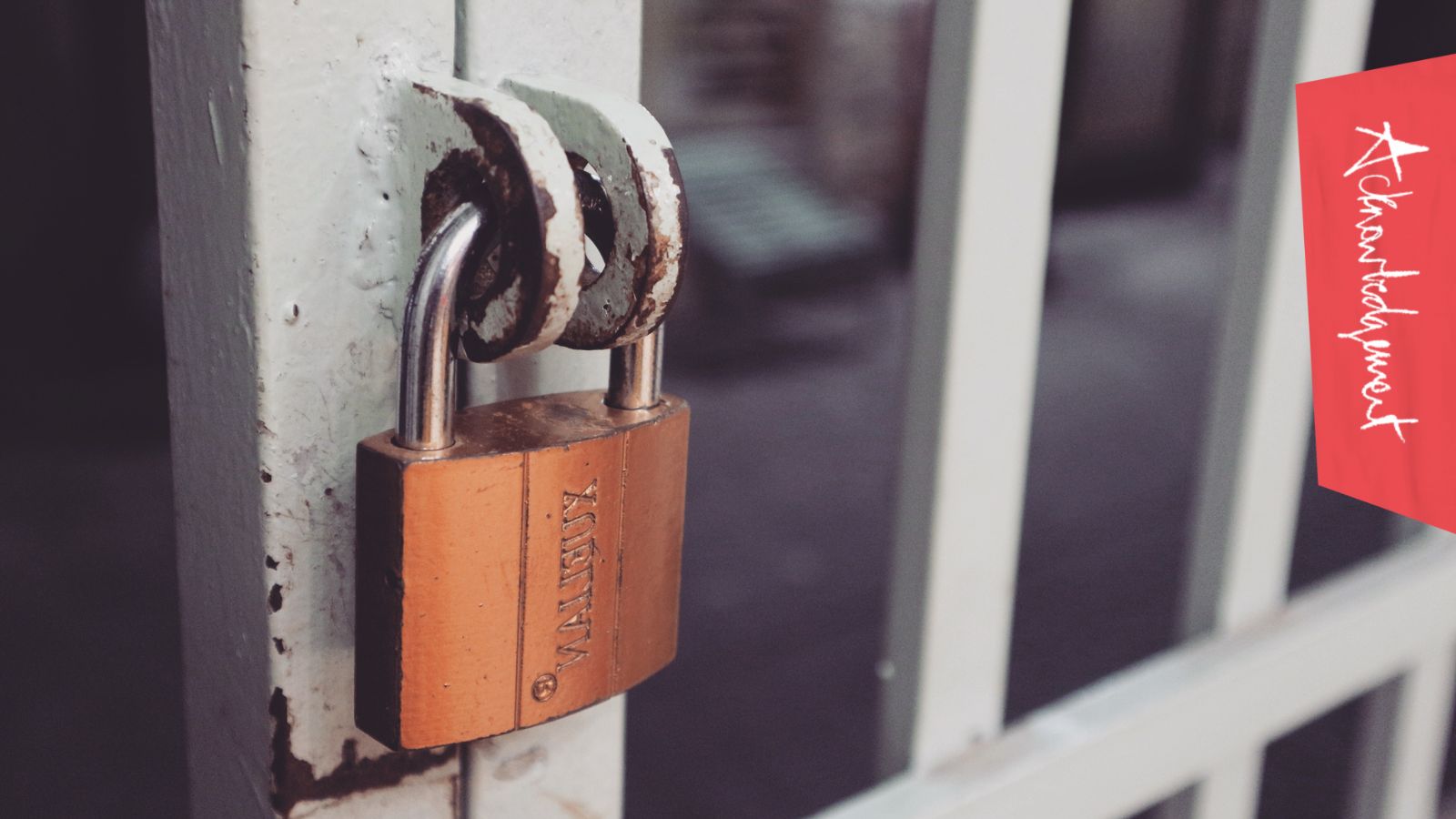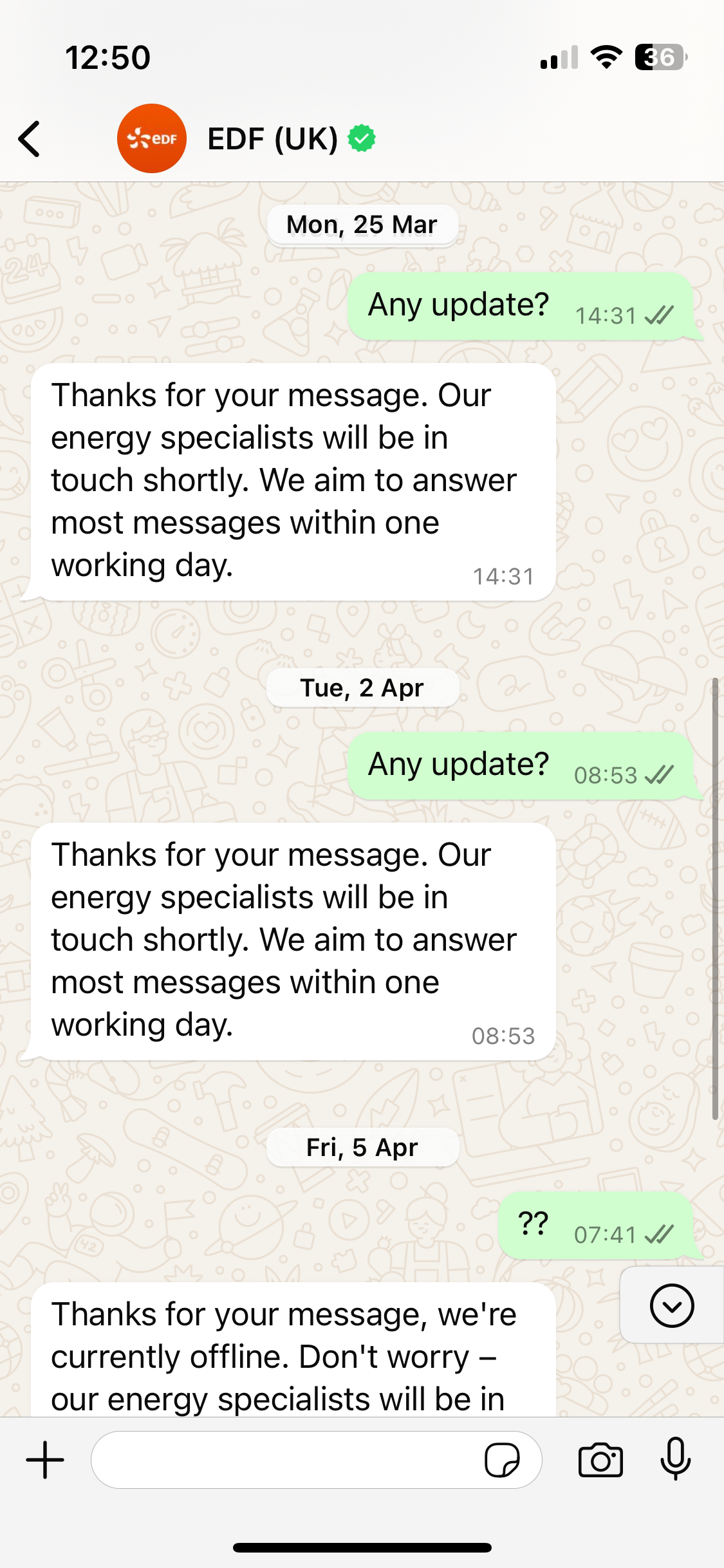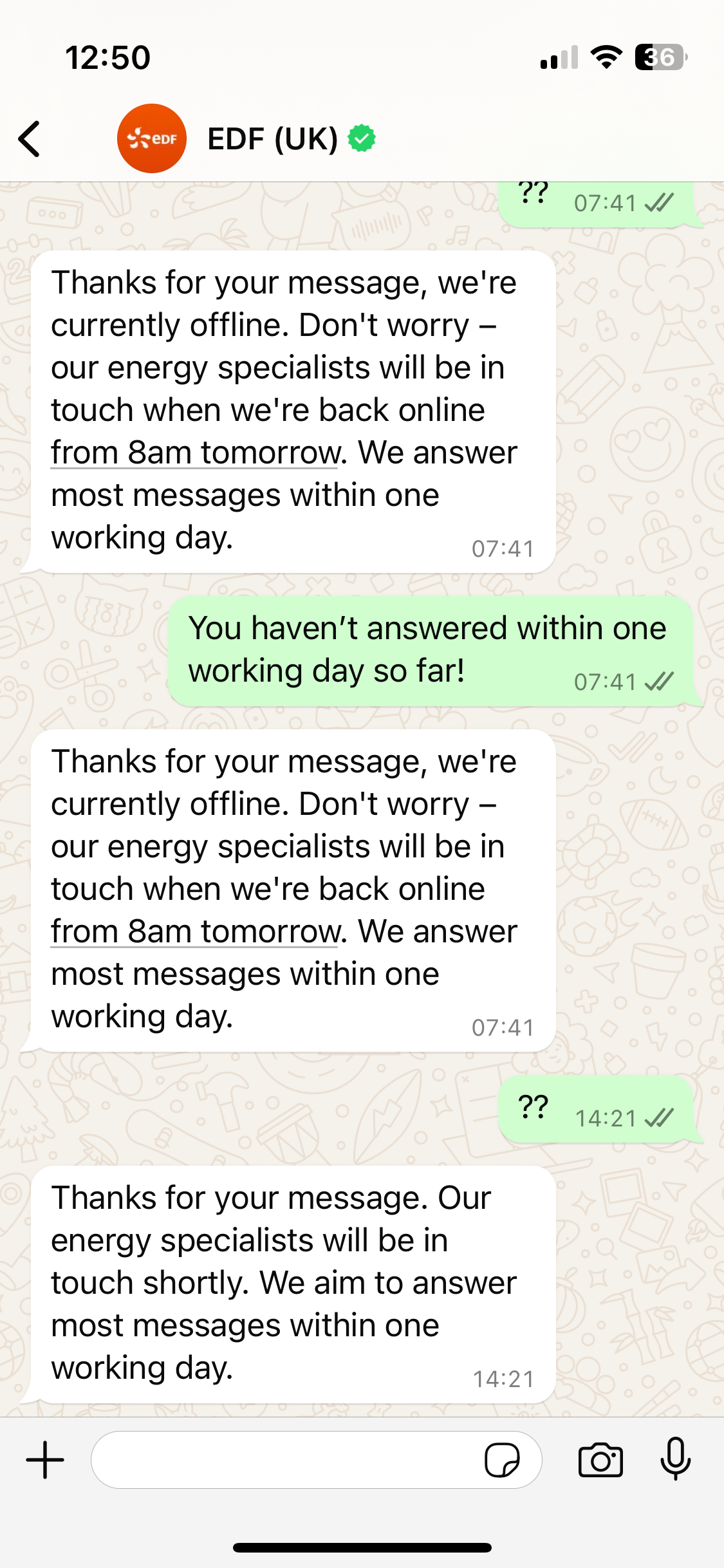Closed for business? Remember your brand never sleeps!

In today's always-on world, how you manage customer interactions after hours can greatly impact your brand's reputation and your customer's loyalty. Unfortunately the strategy for out of hours communication is often overlooked or underdeveloped leaving customers frustrated and businesses at risk of damaging the trust they've worked so hard to build. Here’s why your brand’s duty doesn’t stop when your doors close.
Common pitfalls in out of hours customer service
Even when your business is closed, your customers may still be active and how you interact with them can make a significant difference. Here are some of the most common out of hours customer service failures
Ineffective chatbots: it's increasingly common to see chatbots for handling initial online customer inquiries. However a poorly programmed chatbot can lead to a dead-end frustrating customers with loops of questions only to inform them that no help is available until the next business day.
Unresponsive asynchronous chats: these services promise customers that they can leave a message at any time and receive a follow-up when someone is available. Yet all too often messages sent out of hours seem to fall into a black hole and are never replied to making customers feel ignored.
Unfulfilled call-back forms: when customers fill out forms requesting a callback and then never receive one, it not only causes frustration but also breaks the trust they might have in your brand.
Non-existent (or outdated) FAQs and self-help tools: well implemented self-service tools mean a customer can achieve (or at least start) their desired task or process and/or find the answer to their question even when you are closed. But if your company doesn’t offer these tools or they aren’t up to date you miss a golden opportunity to help your customer.
Social media silence: more customers are turning to social media after hours, expecting quicker responses. Failure to monitor these channels consistently can lead to missed opportunities and customer dissatisfaction.


A frustrating out of hours asynchronous chat experience!
Why do these customer service failures happen?
These out of hours service gaps typically stem from several issues:
Limited resources: Many businesses do not consider 24/7 customer support financially or logistically feasible.
Technological shortcomings: Not every business has access to or has invested in the advanced technology needed to manage customer interactions effectively outside of normal business hours.
Lack of strategic planning: Often, there is no strategic approach to managing customer interactions that occur outside of standard business hours.
The importance of self-service systems
Investing in comprehensive self-service systems is crucial. Such systems allow customers to perform tasks and get answers to their questions around the clock. This autonomy is particularly important for those who might not be able to interact during your regular hours due to different time zones or work schedules.
The impact on your brand
Neglecting the customer experience when you're "closed" undermines your branding efforts. Imagine building a reputation for responsiveness and reliability, only to have it crumble because a customer couldn't get the help they needed after 5 PM. Providing consistent, helpful customer interactions is vital as any interaction, day or night, can affect your customer's loyalty and your brand's reputation.

Optimising the "we are closed" experience
Here are some top tips to improve customer service when your business is closed:
Set clear expectations: Clearly communicate the times when live help is available and when customers can expect a response to their inquiries.
Enhance self-service tools: Regularly update your FAQ and digitise your common tasks into self-service systems that are intuitive and helpful.
Ensure follow-through on promises: if you promise a callback or an email response make sure it happens within the promised timeframe.
Actively monitor social media channels: Use automated tools to help flag customer communications on social media ensuring no query goes unnoticed.
Conclusion
Your brand is a 24/7 commitment and your customer service should reflect that. By enhancing your approach to after-hours customer interactions, you not only protect your brand’s reputation but also build stronger, more loyal relationships with your customers.
Remember, just because your office is closed doesn't mean your brand is off duty.